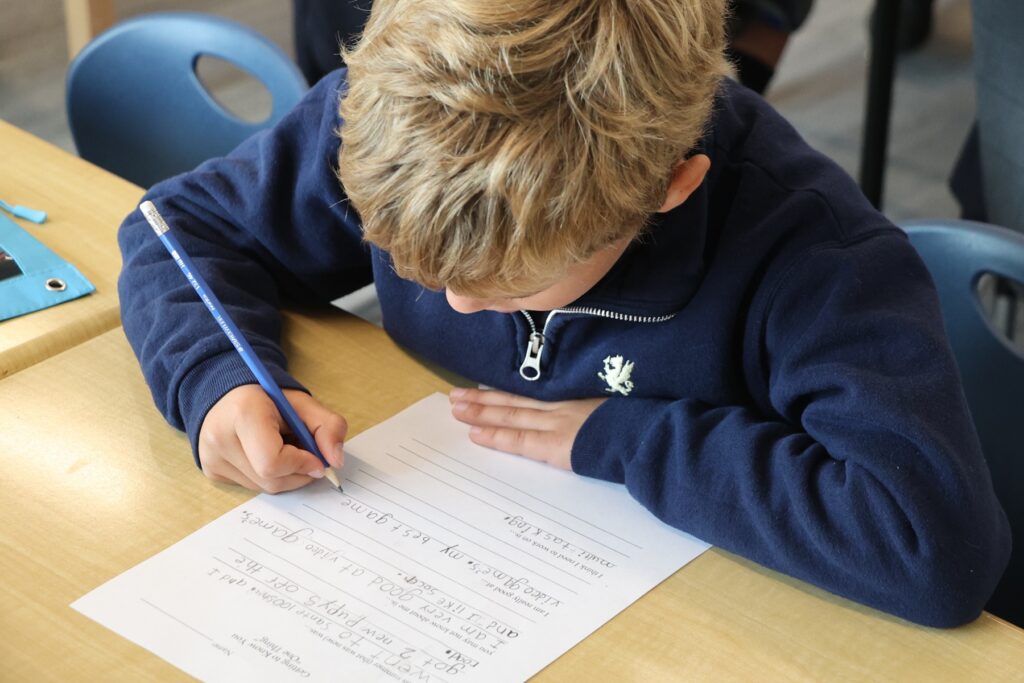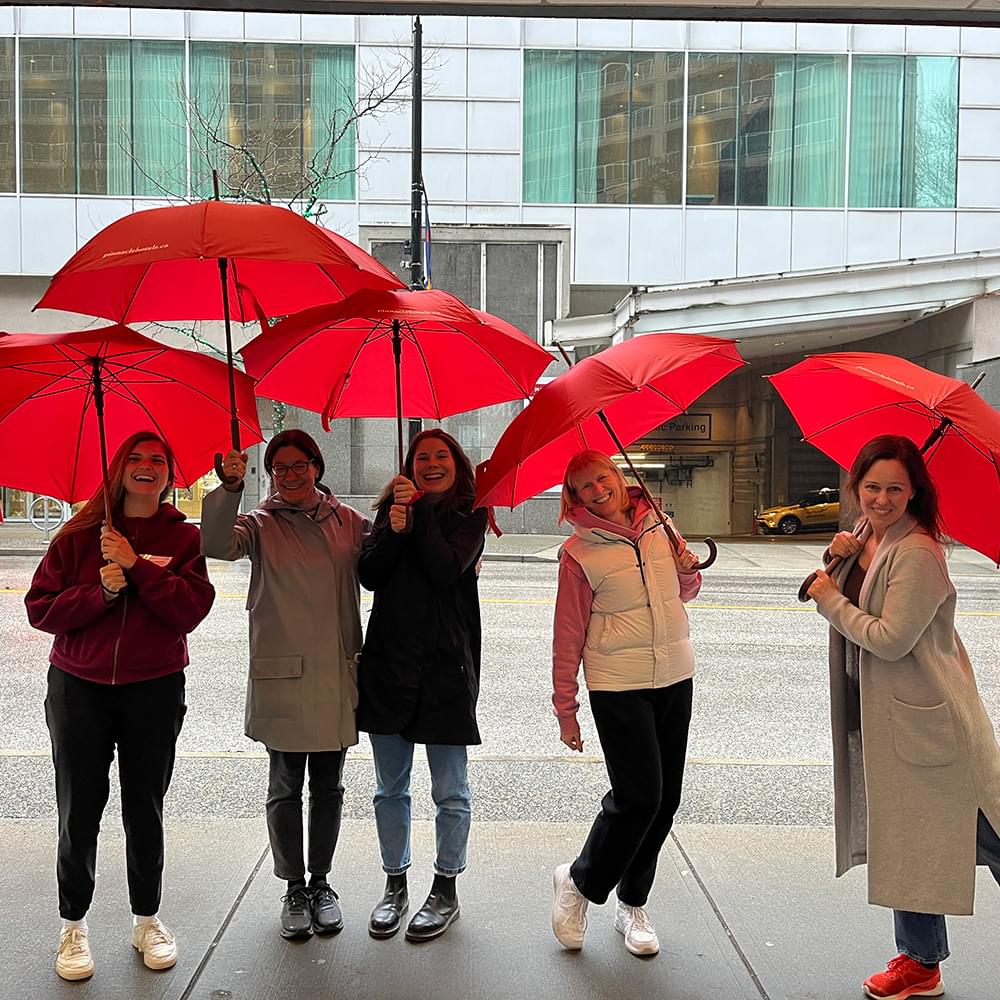
Teachers Embark on a Fantastic IB Learning Experience
Recently, seven Junior School teachers attended an International Baccalaureate Primary Years Programme (IB PYP) Conference in Vancouver offered through the … Continued
First Steps to Grade 5
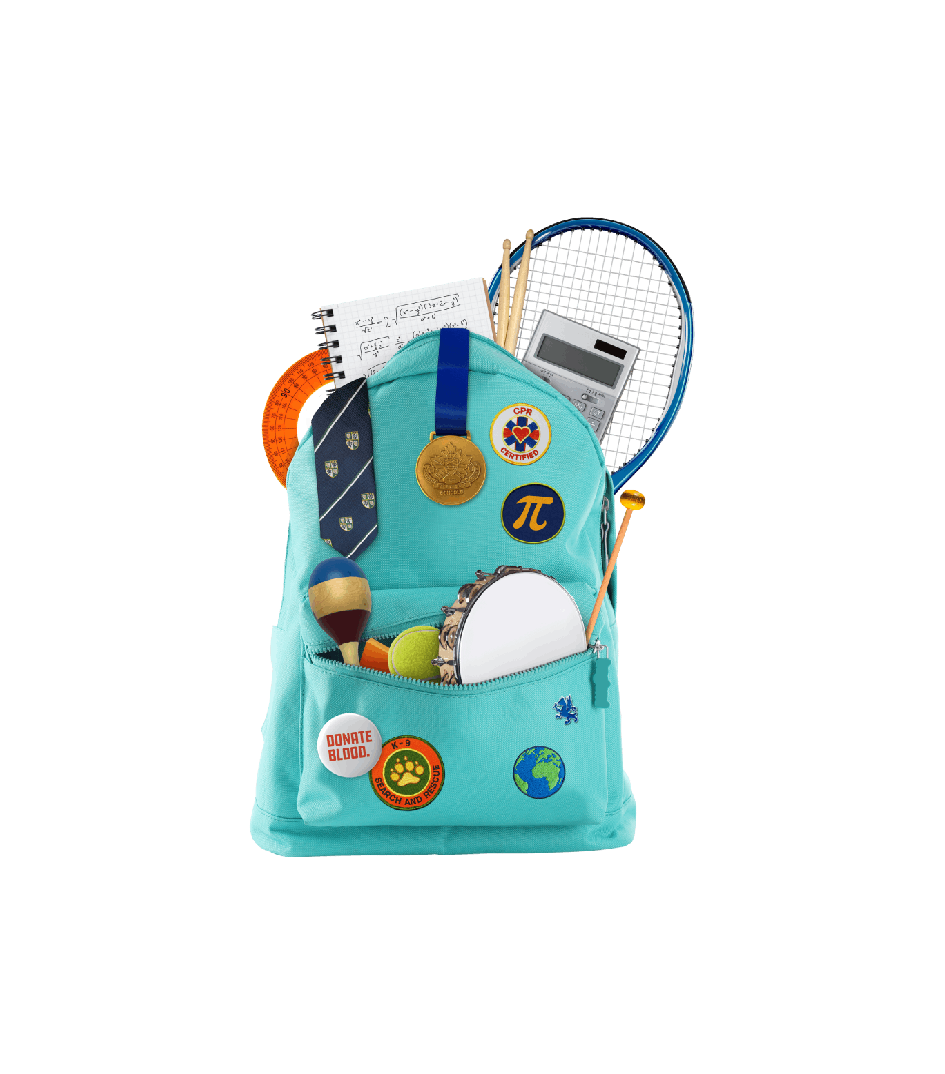
Glenlyon Norfolk School is proud to be authorized to offer the International Baccalaureate (IB) Primary Years Programme (PYP) from First Steps (3/4 year olds) to Grade 5 (10/11 year olds).
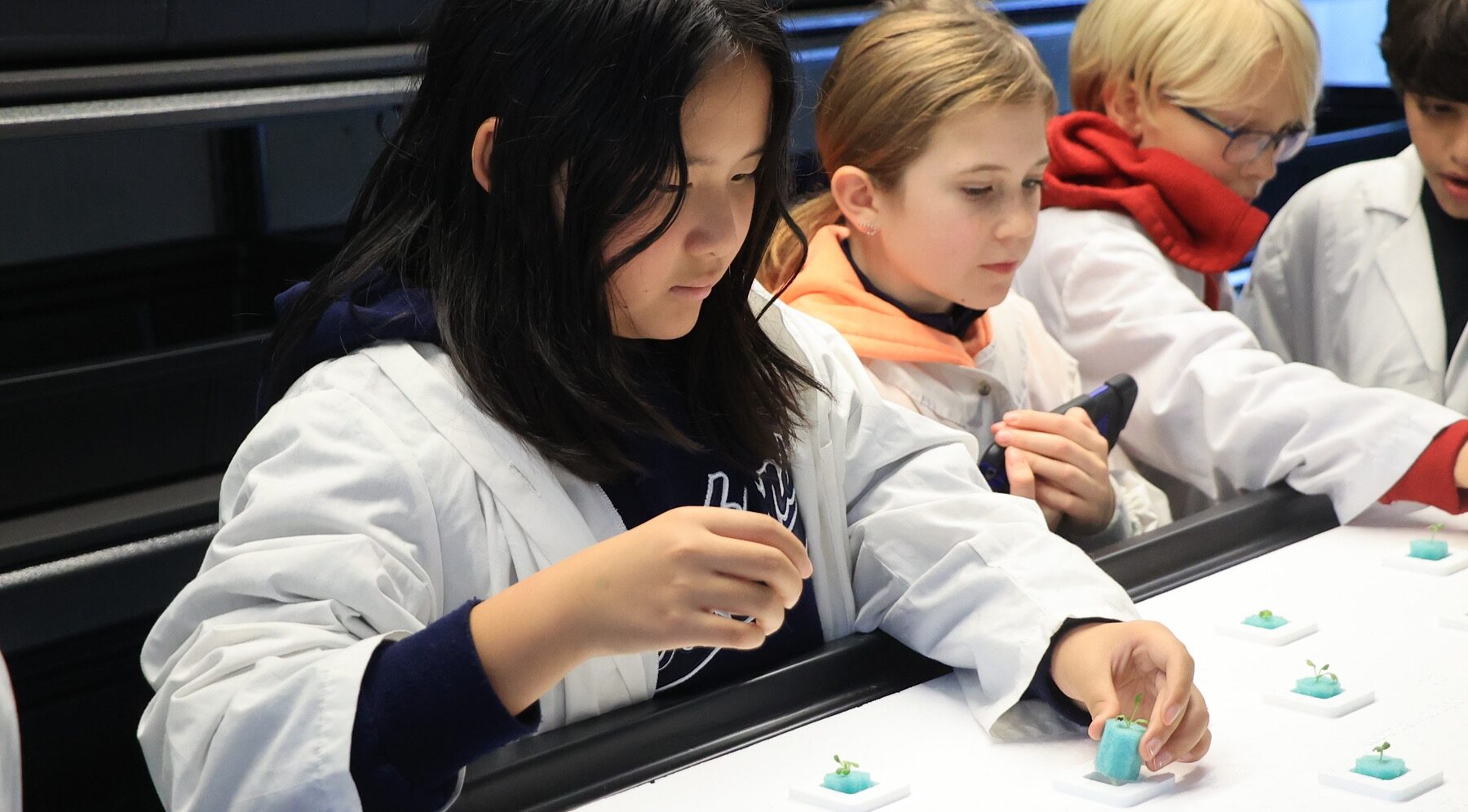
The PYP takes a student-centred approach to teaching and learning that:
Students take responsibility and ownership of their learning allowing them to develop the ability to direct their learning with a strong sense of identity and self-belief.
Students actively construct meaning by gathering and analyzing information, reviewing it against existing knowledge and find connections and patterns to develop deep understandings about the world around them.
Teachers use an integrated approach to teaching and learning that allows knowledge to go across, between and beyond traditional subjects boundaries.
Concepts add depth to student learning allowing students to acquire powerful understandings that are broad, abstract, timeless and universal.
Students develop a way of thinking, being and acting that reflects a commitment to understanding the diverse range of peoples, cultures and societies in the world. The attributes of the GNS IB Learner Profile represent a broad range of skills and dispositions that support this growth and are the foundation for developing international-mindedness.
Students gain essential skills that help them develop an understanding of how they learn in order for them to become self-regulated learners. ATL skills help learners to think, research, communicate, socialize and manage themselves effectively.

Recently, seven Junior School teachers attended an International Baccalaureate Primary Years Programme (IB PYP) Conference in Vancouver offered through the … Continued
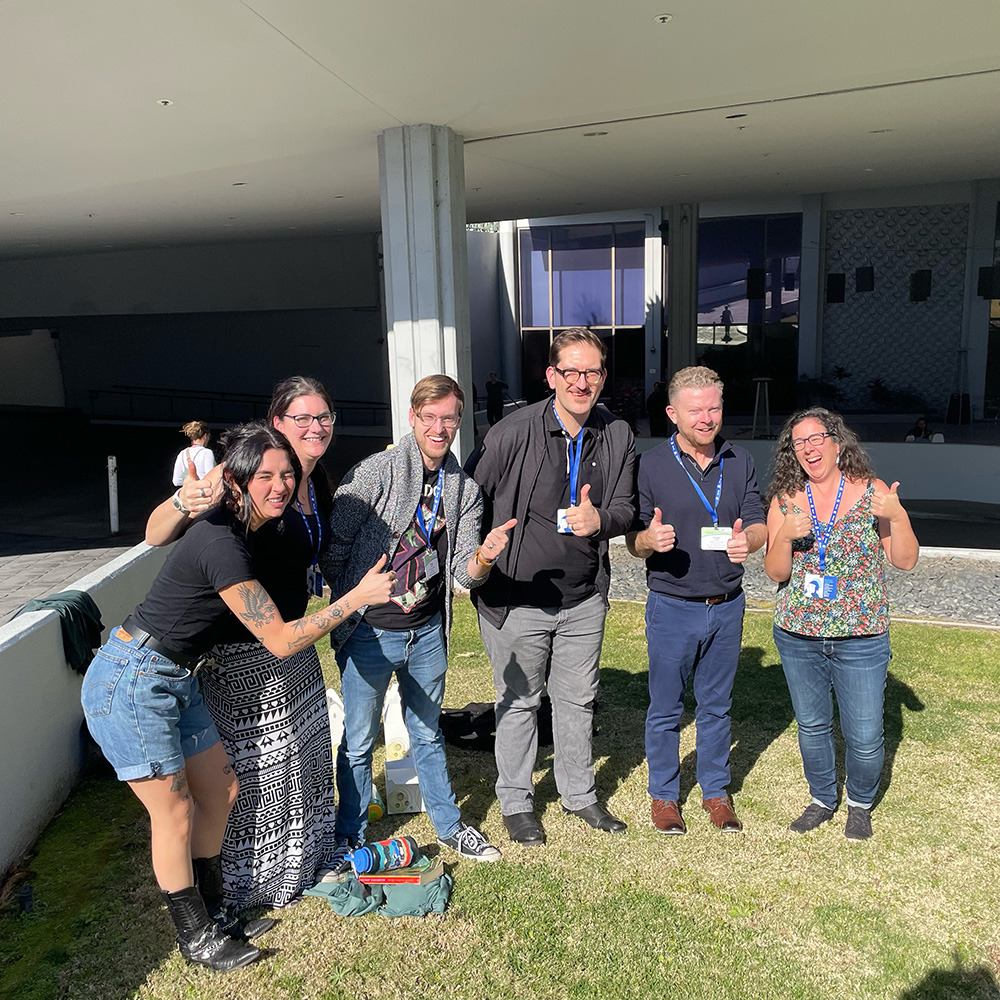
The International Baccalaureate (IB), with its rigorous and comprehensive programs, demands a continuous commitment to professional development on the part … Continued
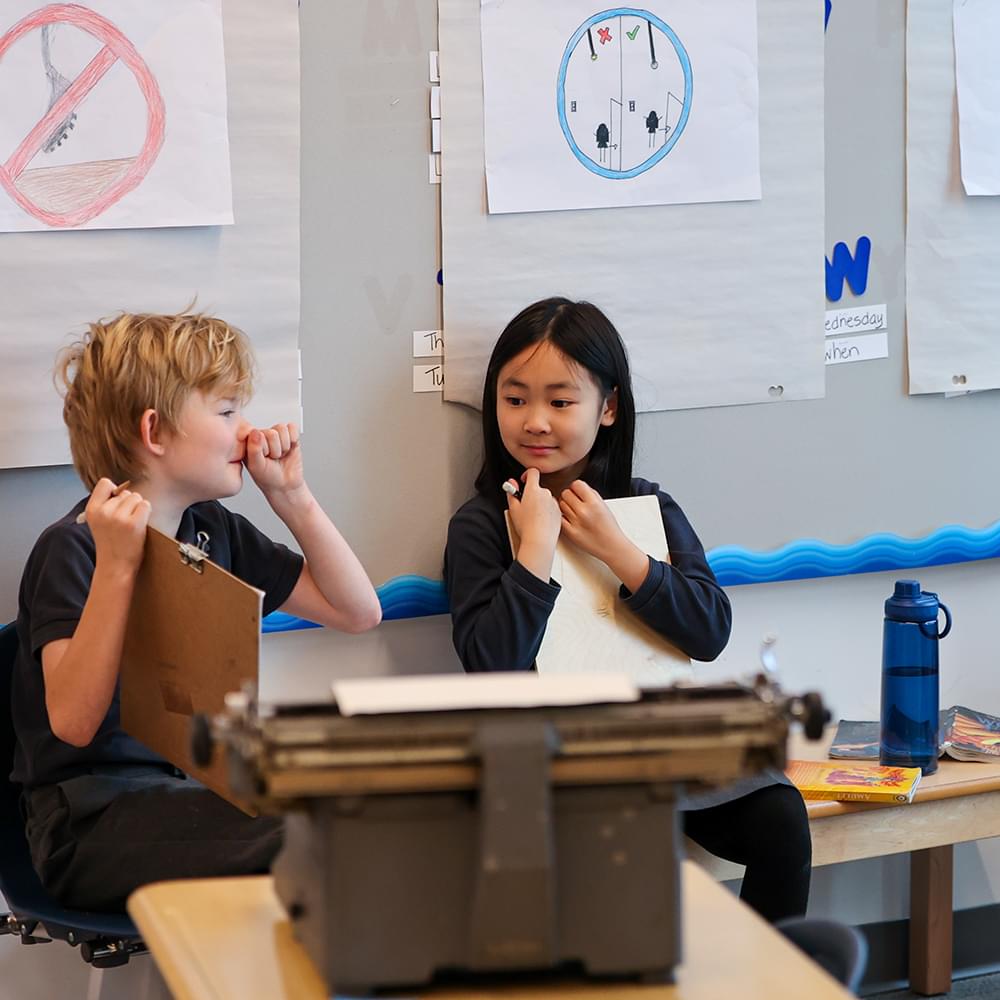
In a recent IB PYP Unit of Inquiry, ‘How We Express Ourselves,’ third-grade students delved into the world of signs … Continued
Inquiry-based learning is a powerful approach to education because it places the responsibility for learning in the hands of the learner. Rather than being passive recipients of information, your child will actively engage in the process of constructing their own knowledge and understanding.
Inquiry teachers prioritize student learning and view their students as active contributors to the learning experience. They facilitate a two-way learning process by engaging students to explore questions, challenges, and opportunities, while fostering high-order transferable skills such as critical and creative thinking, evaluating, analyzing, synthesizing, and applying.
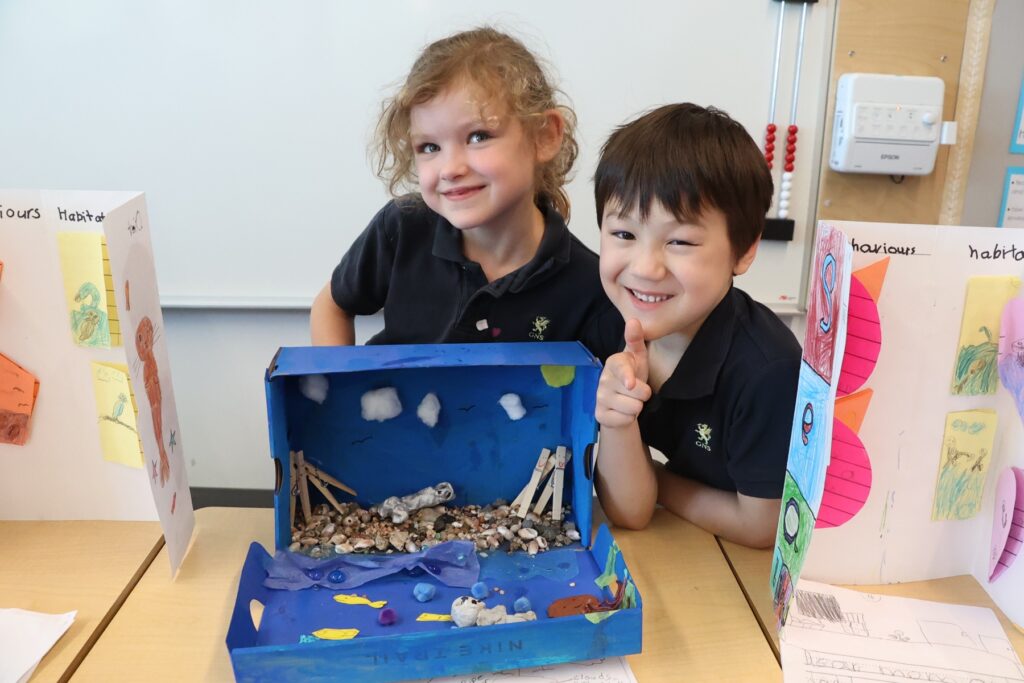
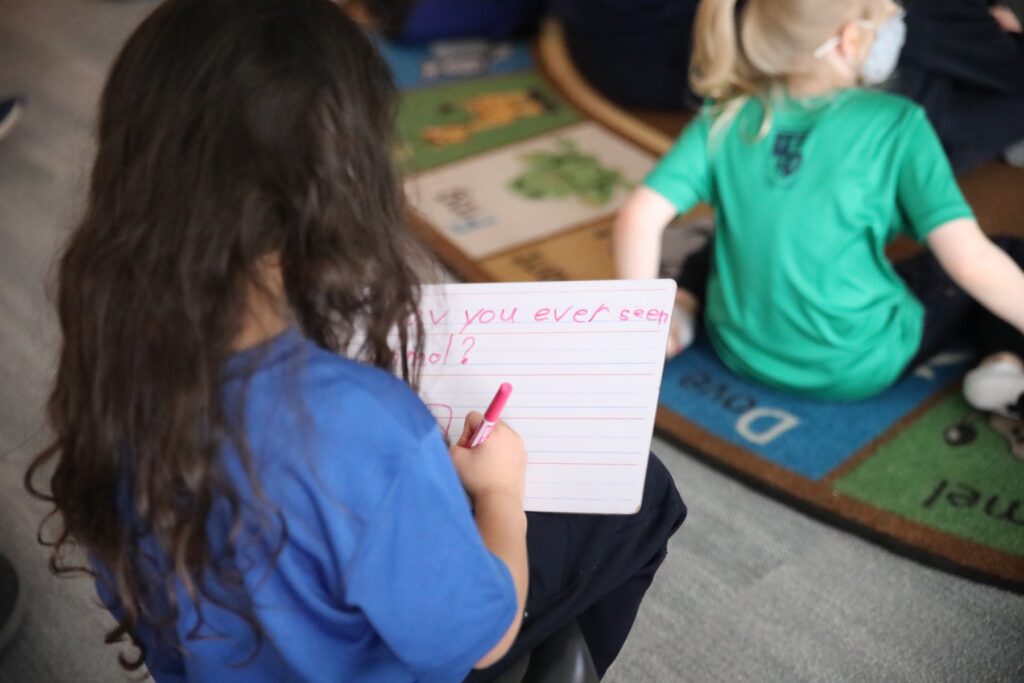
Students are more motivated to learn because they actively—through direct, hands-on experiences—tackle real world challenges and opportunities through authentic local and global contexts.
Students take ownership of their learning and develop a sense of confidence in their abilities and the motivation to achieve their objectives. They demonstrate initiative by expressing their interests, asking questions, making choices, and evaluating their progress towards achieving their learning goals.
